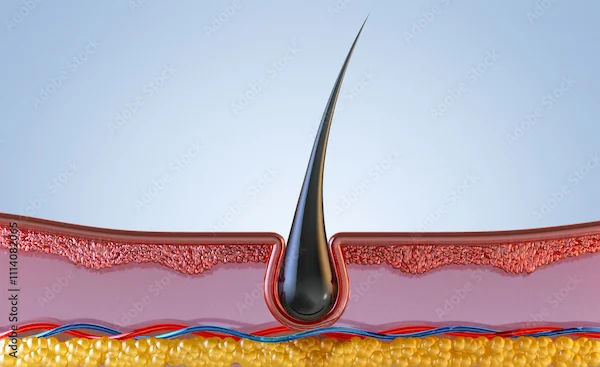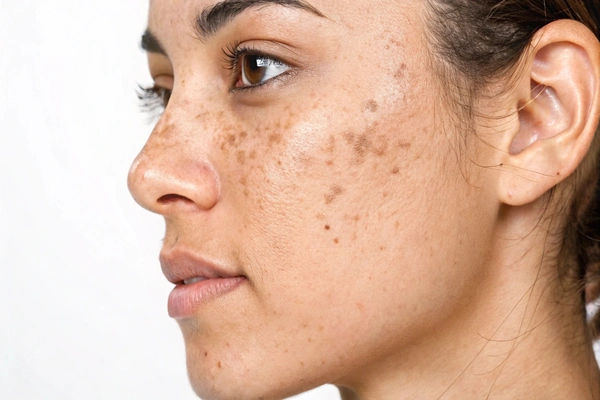- Male
- 20 Years
- 22/01/2025
I'm a bit confused about how to use the acnewar gel that my doctor prescribed. Should I wash my face with water after applying the gel and then use the face wash my doctor recommended? Or do I just use the face wash directly after putting on the acnewar gel? I'm not really sure what the correct order is.
Answered by 1 Apollo Doctors
When using Acnewar gel and a prescribed face wash, follow this order:
- Apply Acnewar gel: Directly apply a thin layer of Acnewar gel to the affected areas.
- Wait for 15-30 minutes: Allow the gel to absorb and work on the acne.
- Wash your face with the prescribed face wash: Use lukewarm water and a small amount of face wash to cleanse your face.
- Rinse thoroughly: Rinse your face with lukewarm water to remove all residue.
Do not mix Acnewar gel with the face wash. Apply the gel first, wait, and then wash your face with the prescribed face wash.
Dr. Kareemulla Suggests...
Consult a Dermatologist
Answered 04/07/2025
0
0

More Dermatology Health Queries
View allI'm a 36-year-old man with pearly penile papules on my glans, and I don't remember how long they've been there. What's the estimated cost for PPP removal, and what's the most affordable surgical option? How long does full recovery usually take, and where can I get this treated?
Pearly Penile Papules (PPPs) are generally harmless and don't require treatment, but can be removed for cosmetic reasons. The most affordable surgical options are typically cryotherapy (freezing) or excision with a scalpel, though laser treatments are also available. Costs vary, but can range from a few hundred to a few thousand dollars depending on the method and provider. Recovery usually takes a few weeks, and you can seek treatment from dermatologists or urologists
Answered by 1 Apollo Doctors
I'm really worried because I've developed mouth ulcers about 45 days after being exposed to the HIV virus. Could this be a symptom of HIV? I'm not sure which test I should take right now to check for HIV. Can you guide me on what's the best step to take?
Mouth ulcers can be a symptom of HIV, but they don't necessarily confirm the presence of the virus. To determine if you've contracted HIV, you can take an HIV test, specifically a 4th generation antibodyantigen (AbAg) test, which can detect HIV 45 days after exposure with 99% accuracy. Additionally, nucleic acid tests (NATs) can detect HIV 10 to 33 days after exposure, but these tests are typically used for high-risk exposures
Answered by 1 Apollo Doctors
I'm 18 and my beard still hasn't grown in yet. I don't really have a proper moustache either. Is there something I can do about this? Could you please help me understand what's going on?
Visit dermatologist for better treatment modalities for patchy beard
Answered by 1 Apollo Doctors
Disclaimer: Answers on Apollo 247 are not intended to replace your doctor advice. Always seek help of a professional doctor in case of an medical emergency or ailment.



